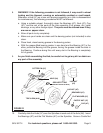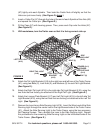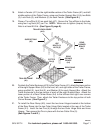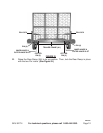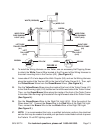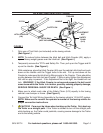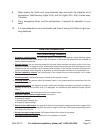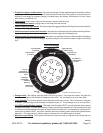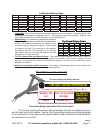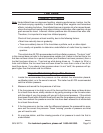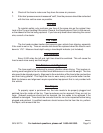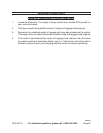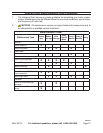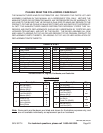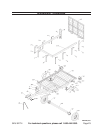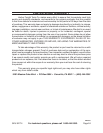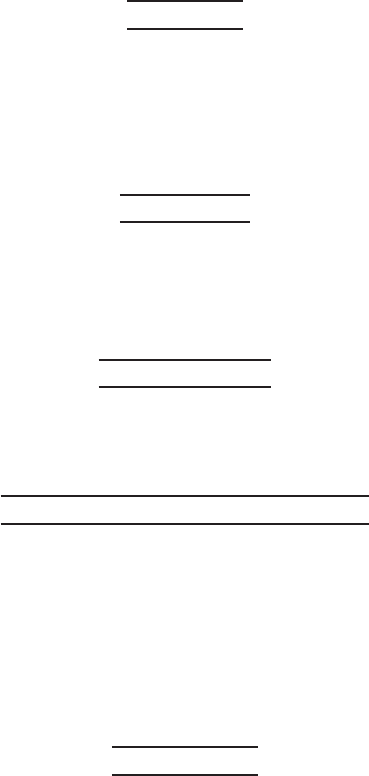
Page 19SKU 92174
For technical questions, please call 1-800-444-3353.
Check all the tires to make sure they have the same air pressure.
If the tires’ pressure was not measured “cold”, then the pressure should be rechecked
with the tires cold as soon as possible.
Tire Size
To maintain safety, only purchase new tires of the same size as the original tires.
Look at the Tire and Loading Information Placard, the Specifications Chart in this manual,
or the sidewall of the tire being replaced. If you have any doubt about selecting the correct
size, consult a tire dealer.
Tire Tread
The tire tread provides traction that prevents your vehicle from slipping, especially
if the road is wet or icy. Tires are unsafe and should be replaced when the tread is worn
down to 1/16”. Measure tread depth using a tread depth indicator (not included).
Tire Rotation
Every 5,000 miles the left and right tires should be switched. This will cause the
tires to wear more evenly and last longer.
Tire Balance and Alignment
The tires need to be balanced to prevent vibration when driving. This involves at-
taching small weights to the rim to offset small differences in rim and tire weight. The tires
also need to be aligned properly. Alignment is the orientation of the tires to the road surface
and their being parallel. This helps the tires to wear evenly, and provide better traction.
Both tire balance and alignment require specialized equipment that is not provided with
this vehicle.
Tire Repair
To properly repair a punctured tire, the hole needs to be properly plugged and
patched from the inside of the tire. Tread punctures can be repaired if they are not too
large. Sidewall punctures should not be repaired, the tire needs to be replaced if the
sidewall is damaged. Tires should be removed from the rim to be inspected before being
plugged and patched. A qualified mechanic should remove the tire from the rim, perform
the repair, and remount the tire.
6.
7.
REV 07e



